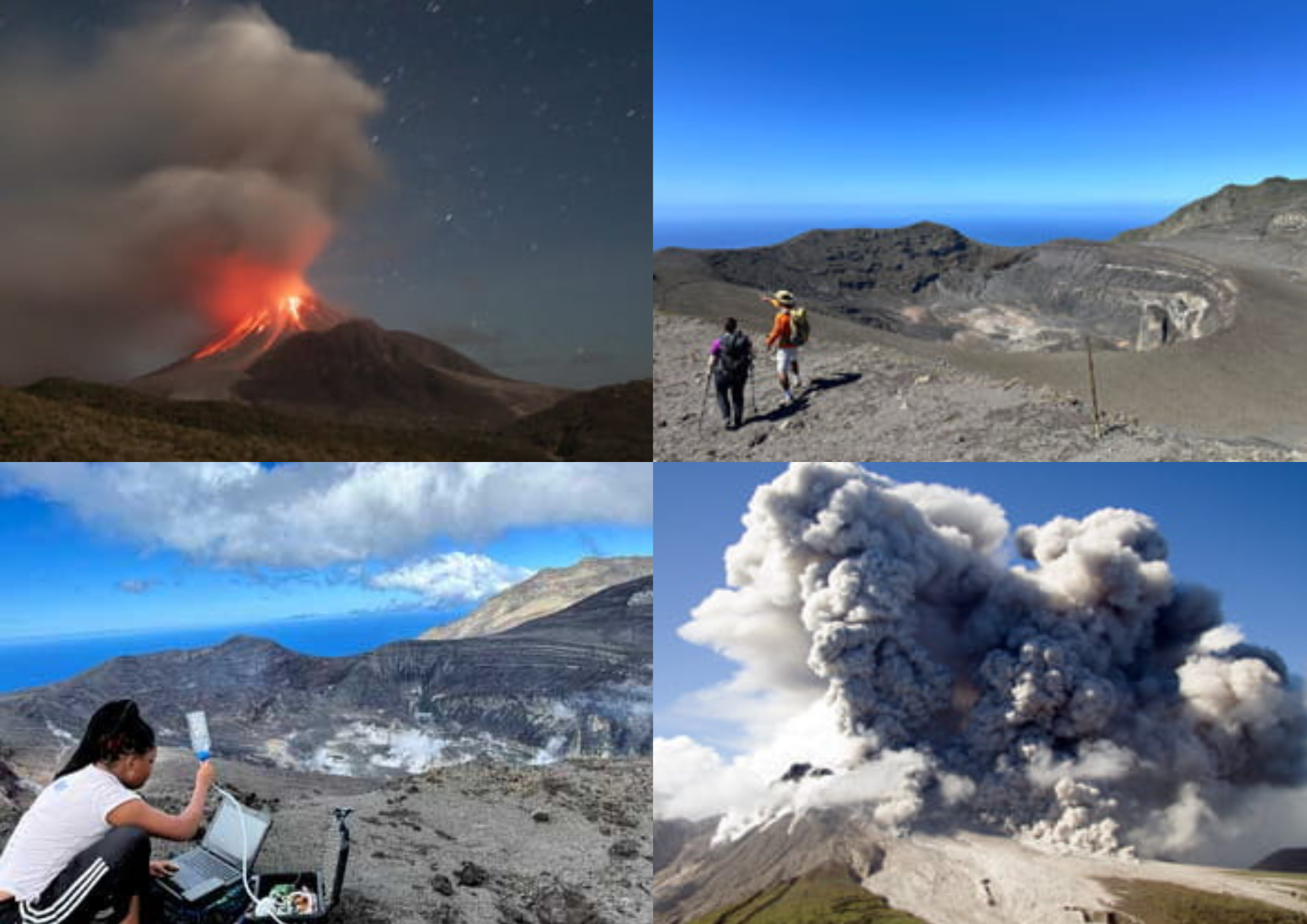By Sophie McDonald, Fourth Year Biology
Habitat destruction and deforestation are huge reasons to boycott palm oil, but is it worth it?
I can practically guarantee that you have palm oil in your home. In your kitchen, in your bedroom, in your bathroom, it is everywhere. This is thanks to its extreme versatility, and its ability to be processed into hundreds of forms and derivatives. It is this quality in particular that makes it so challenging to avoid, even if you’re taking the time to look at the ingredients list.

Palm oil is cultivated in tropical, high-rainfall, low-lying zones in the most biologically diverse terrestrial ecosystems on the planet, predominantly Malaysia and Indonesia. This means that there is a strong overlap between regions of the world suitable for palm oil growth and areas of extraordinary biodiversity, which fuels much of the debate surrounding this ‘miracle crop’.
Ceasing to use palm oil would only cause a shift to other less efficient forms of vegetable oil, requiring up to nine times more land for growth
Palm oil is the most highly produced and traded vegetable oil, and its demand continues to grow.
Why is palm oil is considered a ‘miracle crop’?
Palm oil is a remarkably efficient crop. In comparison with other vegetable oils, it gives high yields over small land areas (up to nine times more oil per hectare than its closest alternatives). This is due to its unique plant physiology that results in high productivity and efficient carbon assimilation, allowing it to be an inexpensive crop that attracts businesses worldwide. Farming palm oil also requires less fertiliser and pesticides than alternative vegetable oils.
As an asset, palm oil has also demonstrated resilient economic performance over the last century. It has helped to alleviate poverty and uplift the quality of life of people in developing tropical countries, particularly landless farmers in Malaysia. In 2016 alone, the palm oil sector contributed to 6.1 percent of Malaysia’s total GDP.
How does palm oil harm the planet?
Deforestation is arguably the main source of discourse surrounding palm oil production. It is the reason why charismatic animals such as orangutans have become mascots of palm oil boycotting, as deforestation often results in the destruction of these animals’ valuable tropical habitats. In addition to this, deforestation contributes considerably to one of the greatest threats to our planet, global warming.
The vast quantities of carbon contained within plant life are released en masse when trees are felled, either through the process of rotting or burning. Compounding this problem further, deforestation also eliminates a portion of our global carbon sinks (i.e. the CO2 that we release into the atmosphere has even less of a chance of being captured by plants). If you factor in the greenhouse gas emissions associated with the desiccation of peat soils, and fossil fuel consumption used in plantation cropping, processing, and transport, the scope of palm oil’s contribution to global warming becomes dizzying. Monoculture plantations (supporting only one type of crop) also inherently causes biodiversity to plummet, and further drives the extinction of vulnerable tropical species.

The ecological cost of palm oil production is calculated from the extent to which its expansion drives deforestation, and the degree of biodiversity it is able to support. Only by closely managing palm oil production is it possible to avoid inflicting further damage on our tropical forests.
Should you boycott all palm oil products?
Boycotts are often admirable and allow consumers to actively demonstrate their beliefs by refusing to financially support poor practices. But is this the best solution when it comes to palm oil?
As it turns out, not really.
The modern world demands vegetable oils. Ceasing to use palm oil would only cause a shift to other less efficient forms of vegetable oil, requiring up to nine times more land for growth. Although the damage may be less concentrated around Indonesian and Malaysian tropical forests, the same environmental issues associated with palm oil production would arise elsewhere, and perhaps on an even greater scale.
...what is important is beginning to shift your behaviour and doing whatever is within your means.
So, what is the answer? Support the production of certifiably sustainable palm oil, which has been farmed in responsibly managed plantations with full traceability. In your day-to-day life, this can be done by purchasing from companies whose products are certified by the Roundtable on Sustainable Palm Oil (RSPO). The RSPO ensures that biologically valuable habitats are protected and farming communities continue to thrive.
This may seem daunting (especially on a student budget). But, as with all sustainable lifestyle changes, what is important is beginning to shift your behaviour and doing whatever is within your means. To help you out there is an RSPO app to be used on the go, and if you want to see which brands uphold the leading sustainability standards, take a look at the WWF scorecard. It is no easy feat picking apart the greasy mix of facts and opinions about palm oil, but it seems that the best habit that you can incorporate into your lifestyle is not a boycott after all, but rather a shift to sustainably sourced products.
Featured Image: Unsplash / Eric-Jan Leusink
How are you saving the planet? Let us know!









